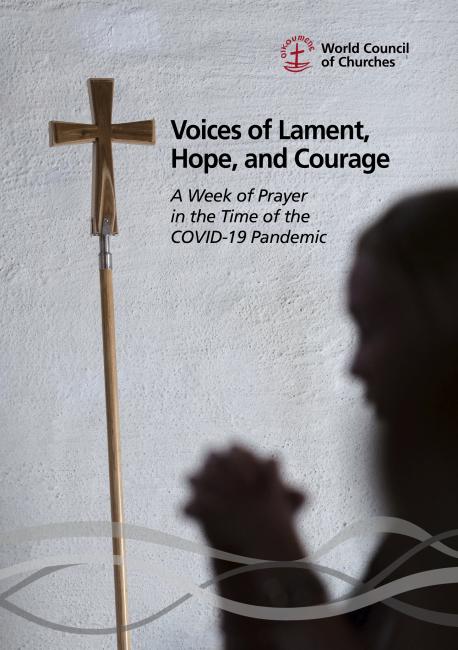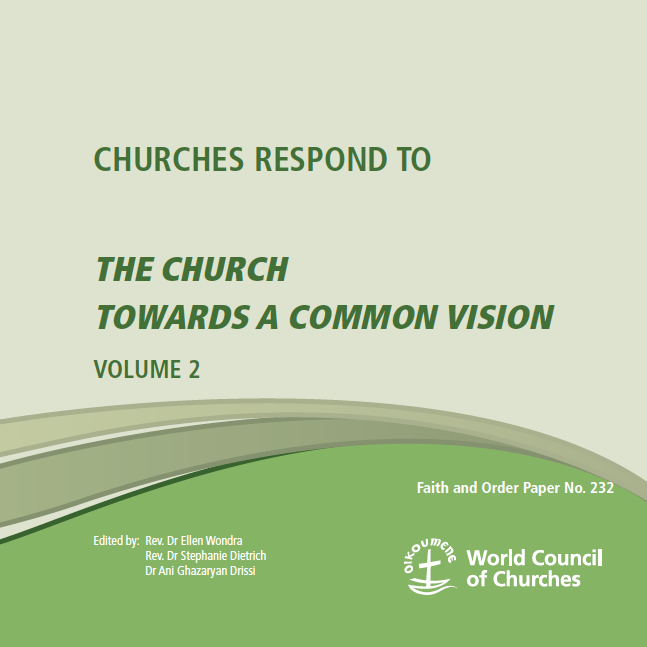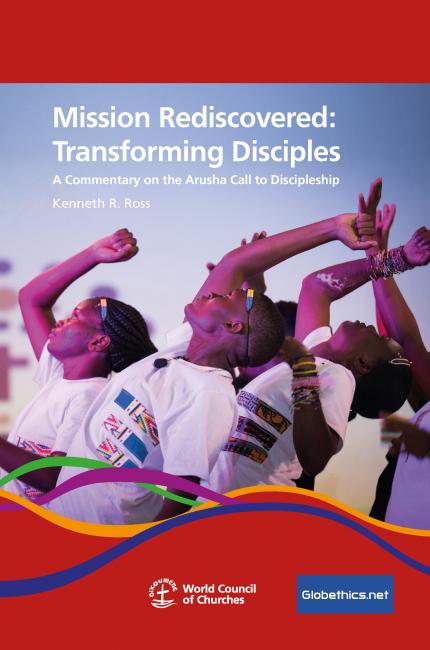Displaying 61 - 80 of 100
Voices of Lament, Hope, and Courage
A Week of Prayer in the Time of the COVID-19 Pandemic
18 March 2021
Churches Respond To The Church: Towards A Common Vision Volume I
Faith and Order Paper No. 231
23 February 2021
Churches Respond To the Church: Towards a Common Vision Volume II
Faith and Order Paper No. 232
23 February 2021
Pray without ceasing!
04 February 2021
In pictures: Week of Prayer for Christian Unity
01 February 2021
WCC to host online prayer for Week of Prayer for Christian Unity
21 January 2021
Love and Witness
Proclaiming the Peace of the Lord Jesus Christ in a Religiously Plural World
18 January 2021
Mission Rediscovered: Transforming Disciples
A Commentary on the Arusha Call to Discipleship
02 December 2020














